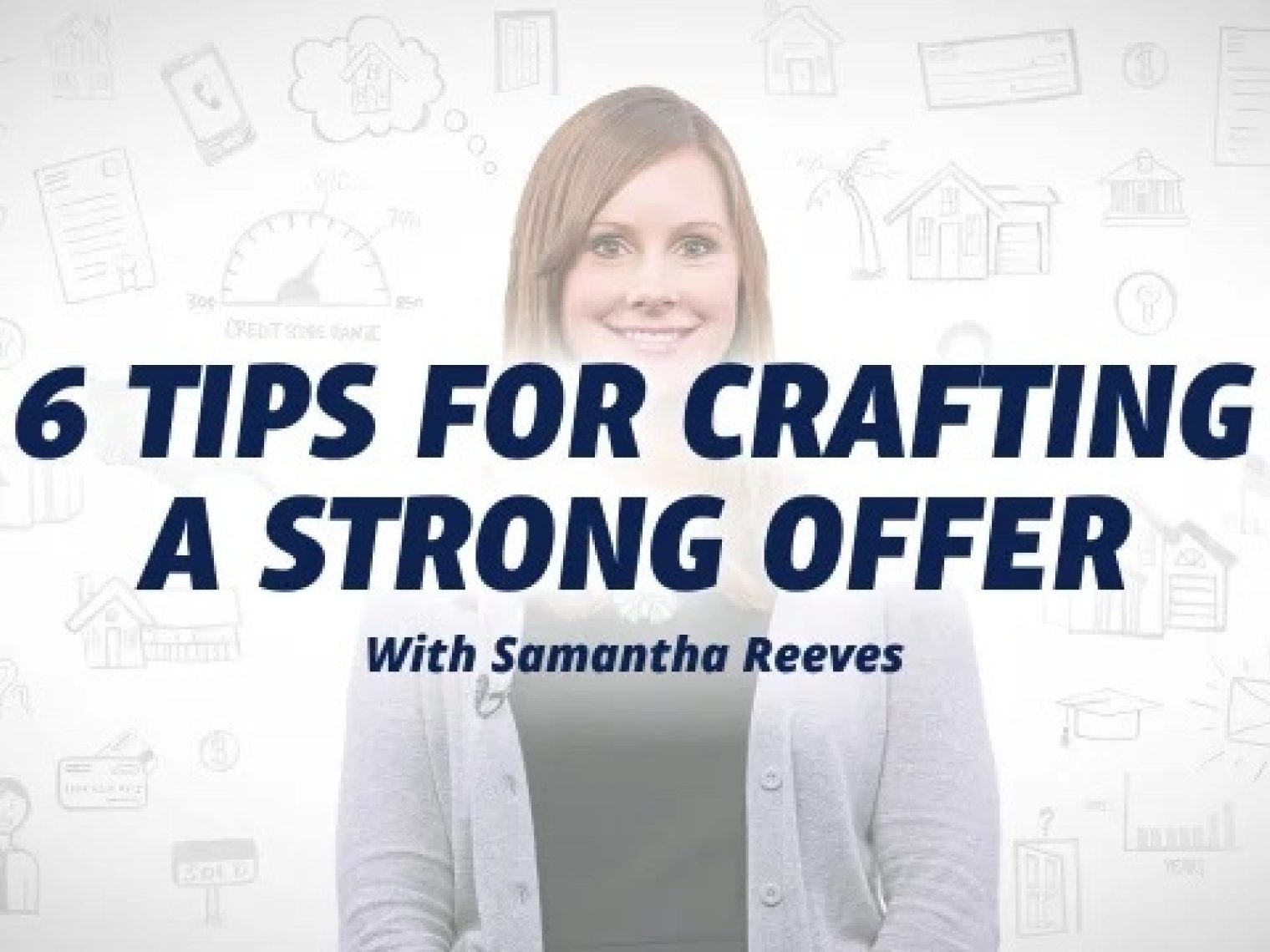Once you have a better idea of what you want and need in a home, it’s time to comb through the inventory. Depending on your area, budget and desires, there might be an overwhelming number of choices on the table. Or maybe your market is so limited that you struggle to find any homes of interest.
Whether you need to whittle down a huge stack of properties or find that “diamond in the rough,” keep the following tools at your disposal during the house hunt.
Use Your Agent
Real estate agents have access to the Multiple Listing Service (MLS). The MLS allows agents to quickly identify and filter through homes according to your specific criteria. Property information is more current and widespread in the MLS than you’ll find on real estate websites and applications.
Once an agent knows what you’re looking for, they’ll probably have several homes in mind that would be great for you and your family. An agent may also give you modified access to the MLS and allow you to search for homes and request showings.
If your real estate agent is leading the home search, make sure you’re communicating your preferences. Don’t be hesitant to speak your mind during this process. Good communication between you and your agent is essential in your search for the perfect home.
Online Resources
About 9 in 10 homebuyers use the Internet to search for homes, according to the National Association of Realtors.
Zillow, Realtor.com, Trulia and Homes.com are among the most popular online sources for real estate listings. There is also the Veteran-specific listing site Homefront.com. Homefront caters to Veterans and military families and offers an estimated payment calculator, home estimate analysis and over 3 million listings nationwide.
These sites allow you to search for homes by price, square footage, acreage and other characteristics. If you do find a home of interest, you can then visit the listing agent's personal website. The agent's individual site may have additional information and photos beyond what you see at these hubs. It’s also important to understand that these and other real estate listing sites may not show all the available homes for sale in your area.
Newspapers
Take time to scan newspapers and local real estate magazines during the house hunt. Newspapers are still relevant and usually devote a special section of the classified page to properties that are “for sale by owner” (FSBO). Real estate agents generally don’t focus on FSBO listings, so you may be able to identify a few extra options this way.
Open Houses
Listing agents will sometimes “open” a for-sale home to the public in an effort to generate interest. Going to open houses is an educational, no-obligation way to “get inside” the real estate market.
Open houses can help you learn what is typical for your area in terms of pricing and amenities. Anyone can attend an open house. You don’t have to be accompanied by a real estate agent. In fact, going to open houses is a great way to meet real estate agents. Open houses are one of the main ways that agents meet new customers, so they are always willing to talk to potential clients during these events.
Yard Signs
Touring neighborhoods in search of “for sale” signs can be a fun, relaxing way to hunt for homes. By cruising through your area, you’ll become more aware of the market and your own preferences. You’ll learn more about the personality of various neighborhoods and what style of home appeals to you. Pricing homes will become second nature after you’ve spent some time window-shopping.
Help With Your Home Search
Need help with your home search? Consider using a real estate agent from our affiliate realty network, Veterans United Realty. Veterans United Realty connects Veterans to top real estate agents in their area, helping them achieve their dreams of homeownership.
Related Posts
-
 How to Make an Offer on a HouseOnce you’ve found the right home, you need to know how to put together a purchase offer. Learn tips for putting an offer on a house with a VA loan.
How to Make an Offer on a HouseOnce you’ve found the right home, you need to know how to put together a purchase offer. Learn tips for putting an offer on a house with a VA loan. -
 4 Tax Breaks for Homeowners for 2025Owning a home not only offers a sense of security but can also lead to significant tax savings. Discover the top tax deductions and credits available to homeowners so you can enjoy the perks of homeownership – even at tax time.
4 Tax Breaks for Homeowners for 2025Owning a home not only offers a sense of security but can also lead to significant tax savings. Discover the top tax deductions and credits available to homeowners so you can enjoy the perks of homeownership – even at tax time.

